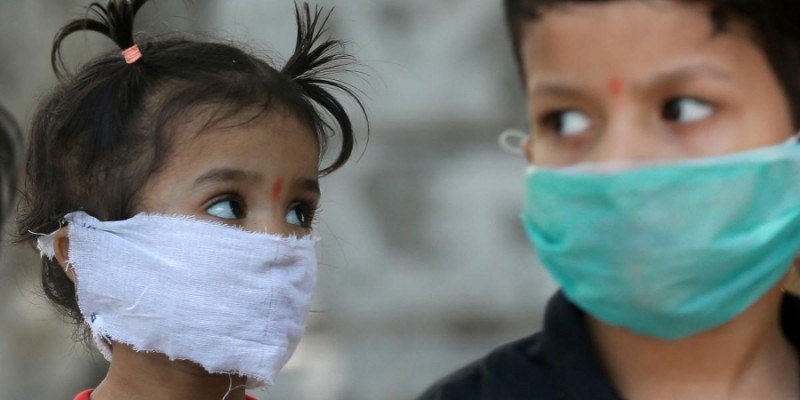
The findings of a recent study by the University of Waterloo's Department of Psychology and Centre for Mental Health Research suggest that people who have social anxiety might experience increased distress due to mask-wearing during and even after the coronavirus pandemic.
The study was published in the journal Anxiety, Stress and Coping. "The adverse effects of the COVID-19 pandemic on mental health outcomes, including anxiety and depression, have been well-documented," said David Moscovitch, professor of clinical psychology and co-author of the paper. "However, little is known about effects of increased mask-wearing on social interactions, social anxiety, or overall mental health." Moscovitch added, "It is also possible that many people who didn't struggle with social anxiety before the pandemic may find themselves feeling more anxious than usual as we emerge out of the pandemic and into a more uncertain future — especially within social situations where our social skills are rusty and the new rules for social engagement are yet to be written.
The researchers reviewed existing literature addressing three factors that they hypothesized might contribute to social anxiety associated with mask-wearing: hypersensitivity to social norms, bias in the detection of social and emotional facial cues, and propensity for self-concealment as a form of safety behaviour.
Study finds Covid-19 survivors still at re-infection risk from Alpha, Beta variants
Is Plasma Therapy Effective for Cancer Patients with COVID-19?: See Study Report
WHO-AIIMS survey finds the third wave of COVID-19 unlikely to hit children